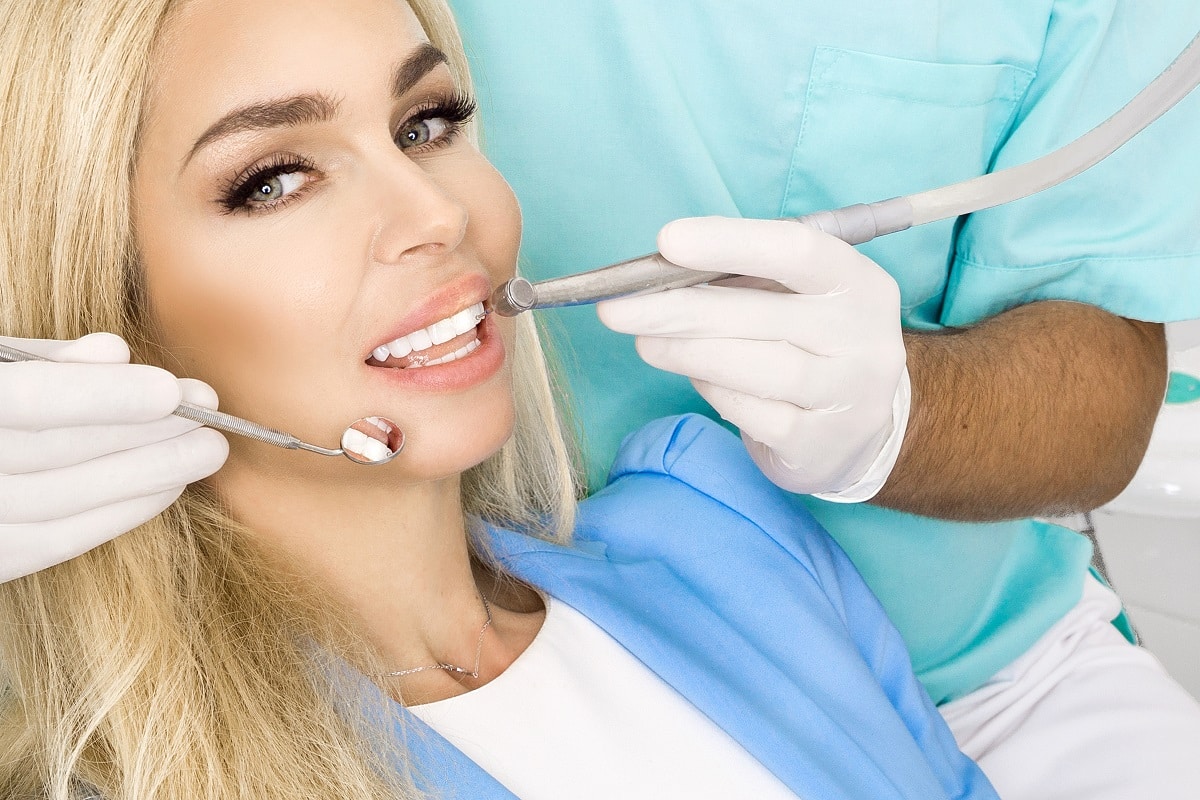There are a lot of people looking for a bright, glittering smile. There are also lots of options available out there and home whitening kits are becoming more and more popular, but did you know that you can have tooth whitening done at your local dentist?
In the UK, tooth whitening kits have their peroxide concentrations limited to around 3%; this is to prevent possible harm to consumers using the kits inappropriately, as well as the limitation of home lightening which is usually done overnight, which will always involve a degree of leakage. With teeth whitening Harley Street, a peroxide concentration of 40 to 60% is not unheard of. The reason why this can be safely used is due to the additional equipment available in the clinic, and the trained personnel who carry out the treatment.
How is tooth whitening carried out in the clinic?

The greatest risk posed by tooth whitening gels is chemical burning, either to the oesophagus after accidental swallowing or to the gums. In the clinic, both of these problems are dealt with using an oral dam; an oral dam is a piece of rubber sheet with many holes in it for your teeth. They are placed over your mouth and isolate your teeth from your gums, at the same time, it prevents you from swallowing any gels or liquids.
This means that the bleaching gel only has contact with your teeth. Most sessions take between 40 and 90 minutes, depending on the difference in the shade that you are going for. Some people are looking for a more subtle change in their enamel shade and will have many short treatments performed over a number of months.
There are a number of side effects like increased tooth sensitivity or enamel weakness which can occur using bleaching agents. This is more common in home kits; at any local dentist, a thorough examination will be performed of your mouth before any bleaching procedure is carried out; this would allow any weak spots in the enamel or potential early cavities to be detected before the gel is applied. Also, experienced staff will notice when gel is dehydrating or over bleaching your teeth, leading them to stop the treatment at that point, whereas you may be unaware that you are over bleaching when using a home kit.
If you have had restorative dental work as in porcelain crowns, veneers or some form of implant you should avoid tooth whitening at home. This is because bleaching agents will affect your artificial oral implants differently to your natural enamel; in clinic, this can be controlled and the shade that you are left with can be matched to your veneers or implants giving you a seamless finish. For some patients whose natural enamel has become darker than the porcelain components of their smile this is the whole point of them undergoing tooth lightening.
When not to lighten your teeth
If you have any concerns about your teeth, intermittent pain or sensitivity to heat or cold, you should have these explored with a dentist before engaging in tooth whitening. Applying bleaching gels to teeth with cavities can have severe adverse effects on your dental health.




